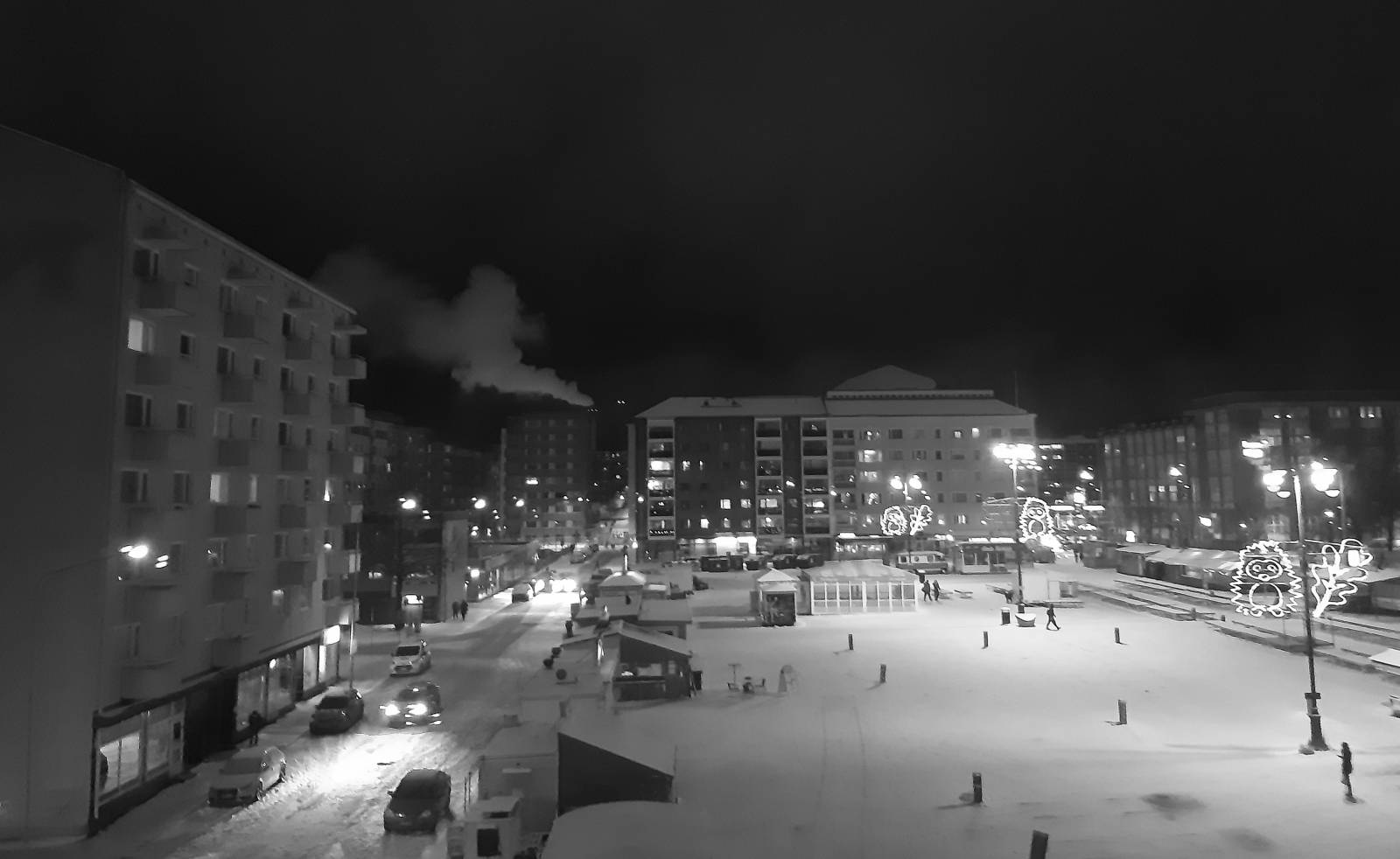The welfare state has been a central societal experience in many Western countries since the twentieth century. Despite the growing manifold criticism and the alleged crisis of the welfare state since the 1970s, it still has a reputation as a desired model for social development. By applying the concept of the experience of society, this collection opens a new approach to how the welfare state is/was lived. We aim to analyse the experience of society which, first, made the realization of the welfare state possible and, second, has made the welfare state such a resilient societal framework. By exploring the changing national and local variations of the experience of society, this volume provides a new way to understand the history and the current challenges of the welfare state. Thus, we seek to offer new insights into the larger question about the construction and legitimation of past and future societies in the times of continuing uncertainty.
Building upon the history of experiences, our basic premise is that societal reality is always reflected and made through experiences. As an experience of society, the “lived” welfare state is about how people make their lives in a given societal framework, facing its requirements and utilizing its options. We begin with the question: how did modern societies become experienced and how was the individual-society relationship constructed in the modernizing societies? Furthermore, the lived welfare state turns our focus to everyday life, instead of to the institutional frameworks of the welfare state per se. We explore the expectations to which the welfare state answered – or failed to answer – and the response it met in people’s everyday lives. We elaborate how these experiences of society structured everyday life by creating new concepts, practices, encounters, norms and visions for the future. This leads us to the key questions: how were the rights and responsibilities in welfare constructed and lived through as a relationship between individual and society, and how did ideals of equality, belonging and trust emerge, take shape or fail in daily life?
The focus on the experience of society calls for a fresh methodological gaze on the relationship between welfare and the state. The approach bridges micro from-below analysis and macro analysis of societal structures and ideology. Empirically, the bridge is social practice as experience. As the lived welfare state conveys the multi-layered experiences of a modernizing society, the analysis requires a long historical perspective. Thus, the approach can broaden the scope of welfare state research and revitalize the study of society and change by allowing new conceptualizations of past and present.
In this edited collection, we will introduce conceptual, theoretical, methodological and fruitful empirical contributions to enrich the new approach. We welcome chapter proposals addressing the theme from the following (and other relevant) perspectives and, above all, exploring their interdependencies and change:
citizenship
state authority
social trust
self
life-course
social categories and identification (such as: gender, class, age, generation, nation, religion)
modernization
nation-building
welfare state historiography/ theory
This book project is coordinated by the Lived Welfare State Team of the Academy of Finland Centre of Excellence in the History of Experience (HEX), Tampere University. For more information, see: https://research.tuni.fi/hex/
The volume will be published in 2022. If you wish to contribute to the collection, please send an abstract of no more than 300 words in English by February 15, 2021 to pertti.haapala[at]tuni.fi, minna.harjula[at]tuni.fi and heikki.kokko[at]tuni.fi. Please attach your affiliation and contact information to the proposal. Accepted contributors will be notified by March 5, 2021.


